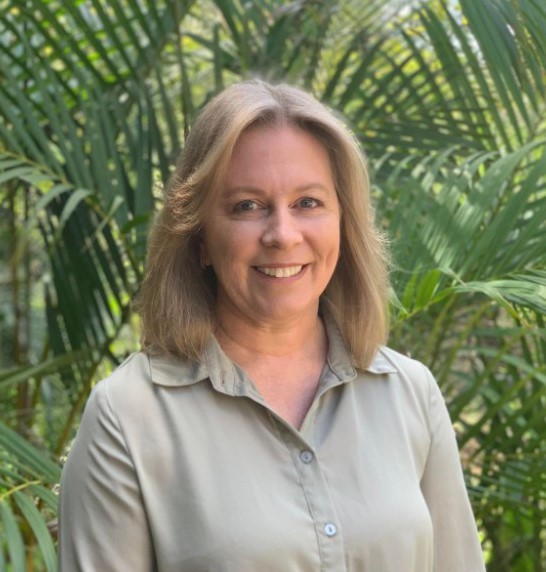CHALLENGES FOR CHILDREN (7 – 14 YEARS)
Growing up isn’t always easy. Children can experience a range of social, emotional, cognitive and physical challenges that impact their well-being, and their capacity to grow and develop as healthy and happy individuals. Sometimes the difficulties that one child faces can also impact the well-being of the whole family.
Anxiety, social skills, emotion regulation and learning difficulties are some of the common issues that children and adolescents experience. Getting help early, and supporting a young person to develop positive coping skills, can make a big difference to their current well-being and development.
Inge De Jong works with young people aged between 7 and 14 years at Long Gallery Psychologists. She is committed to understanding the individual child, developing a caring and supportive relationship, and working with the child and their family in positive ways that are tailored to meet the child’s needs and personality.
Our Psychologists who focus on challenges for children:
Kathy Cleland
Psychologist
Kathy initially trained as an early childhood educator and became curious about how our minds and brains function when she was working with children with neurological differences. After starting her own family, Kathy worked with adults and adolescents with developmental disabilities before moving to Queensland in the late '90s, where a change of career took her into the publishing and advertising industry. However, Kathy's interest in how we think, behave, and function saw her return to university and study psychology, where she is now an Associate Supervisor of suicide prevention research. Kathy loves learning about how we learn, and recently completed a Master of Educational Neuroscience.Kathy has a particular interest in neurodivergence and helping people, and their families, to improve their lives and wellbeing in a manner that supports the unique way that their brain works. Her areas of interest include Autism, suicidality, complex trauma, and plurality. Kathy has advanced training in crisis care and suicide prevention. She engages in a relational approach, which is person-centred, trauma-informed, and neurodiversity affirming.Kathy provides neuroaffirming Autism and ADHD diagnostic assessments. She tailors comprehensive assessments to the unique needs of each client, and utilises the MIGDAS-2 and DIVA-5 diagnostic interviews (which are considered the most current and neuroaffirming Autism and ADHD assessment tools available).In her spare time, Kathy enjoys bushwalking, online forums, and coffee with friends.
See MoreKathy Focusses on:
